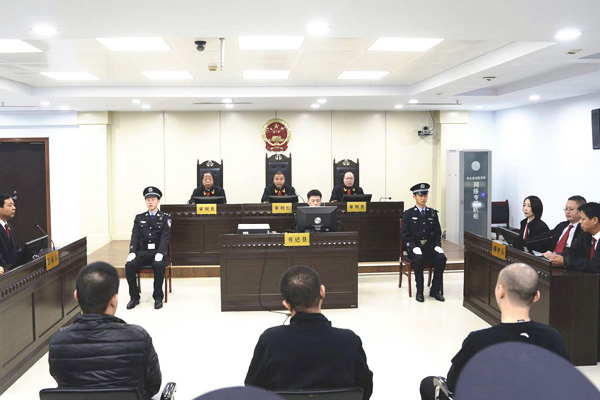LISTEN – Exporting Death –
Nov. 17, 2020 – Chen is one of more than 100 vendors who market fentanyl or related chemicals out of facilities across China, and his story illustrates how networks are getting around international efforts to crack down on the supply chain of lethal synthetic opioids. In an interview with NPR, however, Chen categorically denied that he manufactures or sells any illegal substances.
For years, China has been a primary source of fentanyl trafficked into the United States. It is a powerful prescription drug for severe pain that’s made and sold illegally. It led to more than 37,000 overdose deaths in the U.S. in 2019, part of a national opioid crisis that has worsened this year during the coronavirus pandemic, according to federal health authorities. Under international pressure, China’s government banned the production and sale of fentanyl and many of its variants in May 2019, resulting in a significant reduction in the country’s illicit fentanyl trade.
But more than a year later, Chinese vendors have tapped into online networks to brazenly market fentanyl analogs and the precursor chemicals used to make fentanyl, and ship them directly to customers in the U.S. and Europe as well as to Mexican cartels, according to an NPR investigation and research from the Center for Advanced Defense Studies, or C4ADS, a nonprofit data analysis group. (The center receives some of its funds from the U.S. and U.K. governments.)
Some of the substances are outlawed in China and internationally. Others are so new they are not yet banned, are harder to detect and regulate, and they can be used in basic chemical processes to produce illegal drugs.
Chinese vendors are often camouflaged by a complex network of corporate entities registered in far-flung cities along China’s interior, where they use sophisticated shipping methods to bypass screening measures and where law enforcement scrutiny is often laxer than in bigger cities such as Beijing or Shanghai. Thousands of doses can be shipped together in small, hidden packages.



